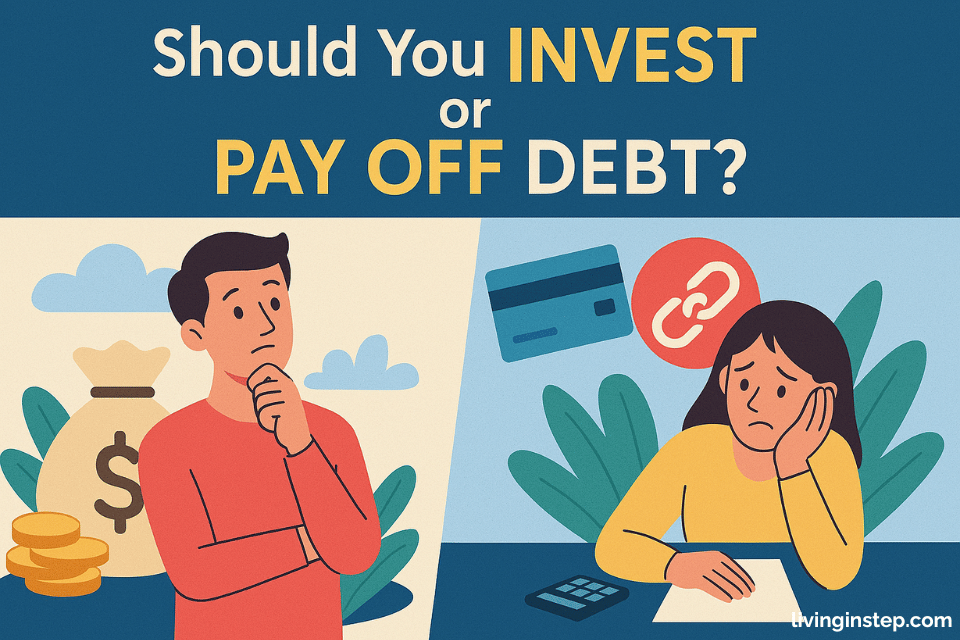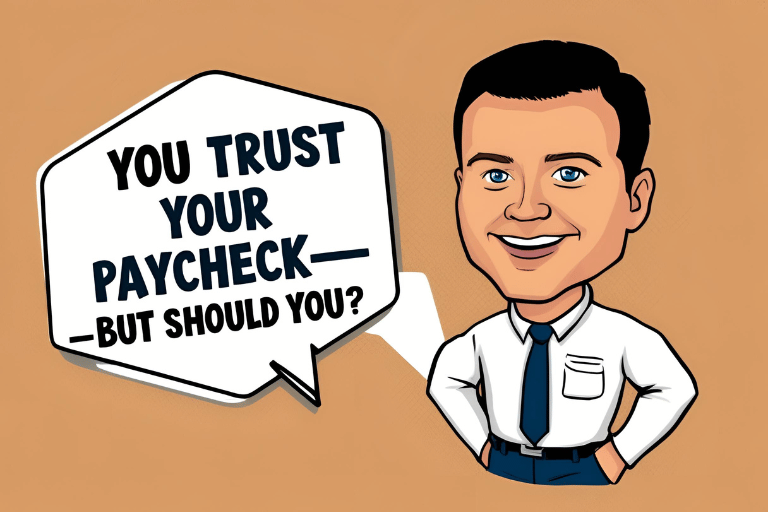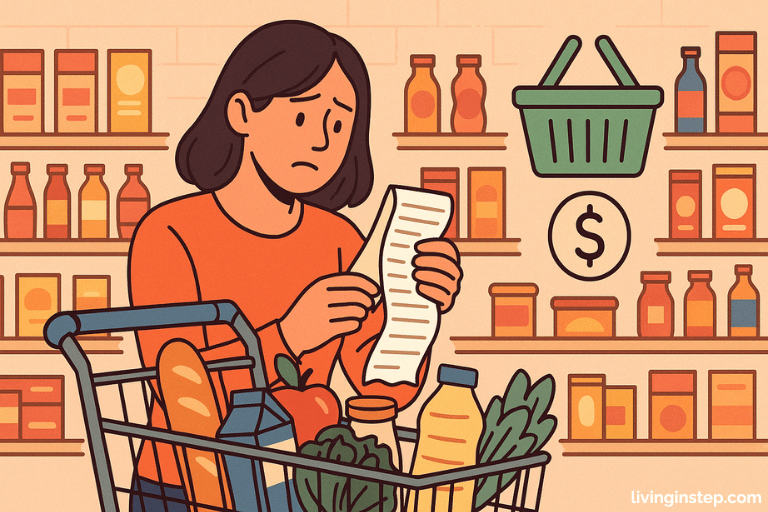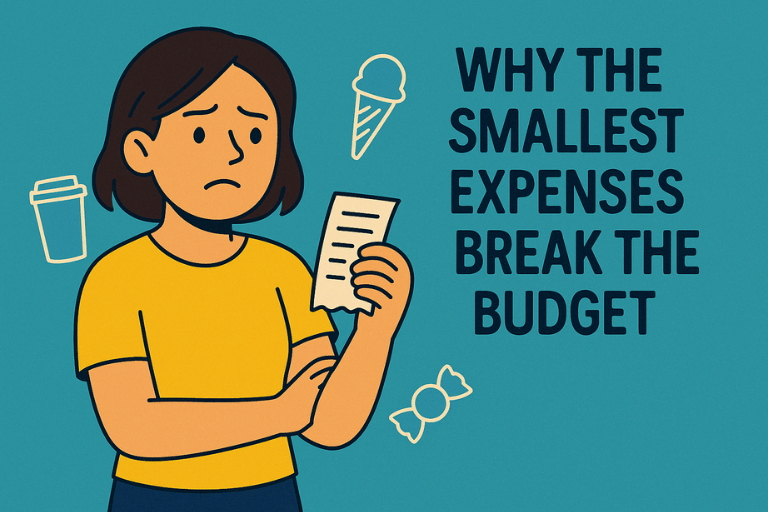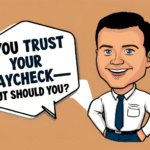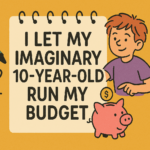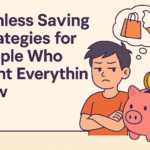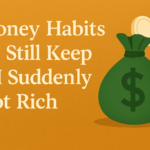If you’ve ever had a little extra money in your account
and wondered what to do with it—
you’re not alone
Do you use it to chip away at that debt hanging over your head?
Or put it into the market and hope it grows?
Some will tell you debt is the enemy
Pay it off as fast as you can
No exceptions
Others will say investing is the smart move
Why pay off low-interest debt
when you could earn a higher return?
So who’s right?
Well… it depends
And the real answer isn’t just about math
Step one: Do you even have a foundation?
Before getting into interest rates and return comparisons
Here’s the first real question:
Do you have breathing room?
Because if you don’t have at least a small emergency fund
If your expenses are on the edge
If one unexpected bill would throw everything into chaos—
then that needs attention first
You don’t need 12 months of savings
But you do need a cushion
Otherwise, both investing and debt paydown are just added pressure
instead of real progress
Paying off debt: The invisible return
There’s something powerful about wiping out a monthly payment
When you eliminate debt
You’re not just saving interest
You’re reducing your financial risk
You’re freeing up future cash
And you’re buying peace of mind—which doesn’t show up on a spreadsheet but changes everything
And here’s what people forget:
Paying off a 6% loan is the same as earning a guaranteed 6% return
No market volatility
No sleepless nights
Just simple, permanent progress
But investing comes with compound power
Now look at this differently
When you invest
You give your money the chance to grow
To multiply
To make more money without more effort
Especially if you start early
Even small amounts can snowball into something meaningful
Let’s say you invest $500 per month
Over 30 years at 8% average return
That’s over $680,000
But if you used that same money to pay off low-interest debt—like a mortgage at 3%?
The opportunity cost could be huge
That’s why many choose to invest while keeping low-interest debt
Because the upside is bigger than the downside
Inflation changes the math
This is something almost no one talks about
If your debt has a fixed interest rate
Inflation actually works in your favor
Why?
Because the money you’ll use to pay it back in the future
will be worth less
So if inflation is at 4%
And your mortgage is at 3%
You’re technically paying it back with “cheaper” dollars
That’s why long-term fixed-rate debt—like a home loan—isn’t always the enemy it’s made out to be
Real life isn’t just numbers
Now let’s be honest
Sometimes the math says “invest”
But your stress levels say “pay the thing off”
And that’s valid
Personal finance isn’t purely logical
It’s also emotional
And sometimes the best decision is the one that helps you sleep better
Even if it’s not the highest return
If a credit card balance haunts you
Clearing it might be worth more than any stock market gain
If investing feels like progress and motivates you
That matters too
The “right” choice is the one that supports your goals, your mindset, and your reality
What I’d look at before choosing
If you’re stuck between the two, here’s what I’d ask:
- Do I have an emergency fund?
- What’s the interest rate on my debt?
- Is it fixed or variable?
- How stable is my income?
- How do I feel about risk?
- Do I understand how investing works (or am I just copying others)?
- What decision gives me the most peace of mind and forward motion?
Because if you’re constantly second-guessing your choice
it might be the wrong one for you
even if the numbers say otherwise
So… invest or pay off debt?
The honest answer?
You don’t always have to choose
You can split the difference
Pay off high-interest debt aggressively
Invest whatever’s left
And let both strategies work at the same time
Or you can focus fully on one until it’s done
Either way—what matters most
is that you’re not standing still
Because whether you’re reducing what you owe
or increasing what you own—
you’re moving forward
And that’s the part that actually builds wealth
Note: This content is for entertainment purposes only and is not financial advice. Please consult a qualified financial advisor for guidance specific to your situation.

